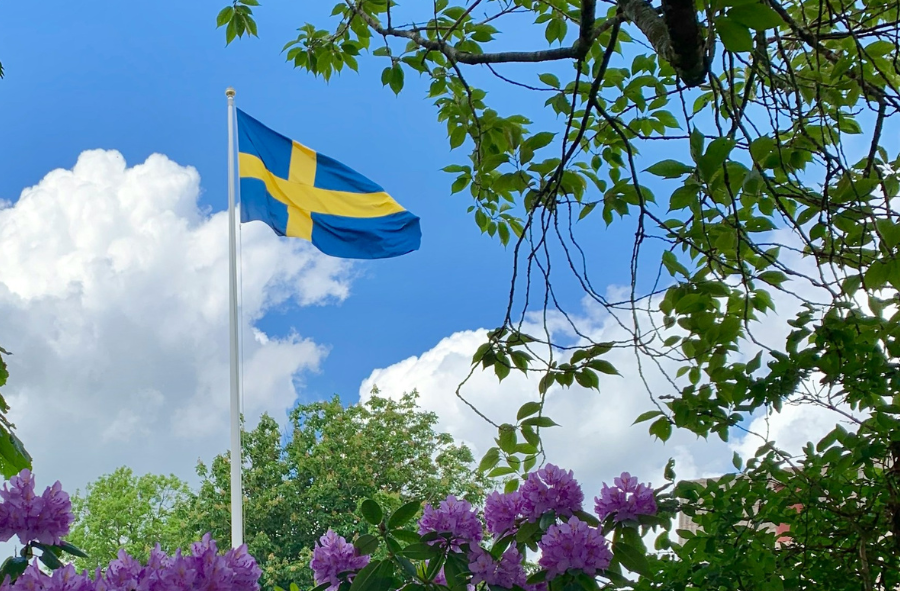
Swedes increase support for nonprofits during pandemic
December 8, 2021
Five key takeaways from the 2021 European Fundraising Tour
December 8, 2021The number of Austrians open to leaving a charitable gift in their Will is on the rise, according to new data indicating that the number of people aged 40+ saying they would consider making a donation has doubled since 2012.
The data is based on a market survey from the Vergissmeinnicht (Forget-Me-Not) initiative, which together with the Chamber of Notaries provides information on inheritance law and Wills. In all of Austria, the findings indicate that over half a million people over the age of 40 can imagine donating in their Wills – that’s twice as many as ten years ago.
The interest is greatest in Vienna (22%), followed by Lower Austria and Tyrol (19% each). When it comes to motives, the dominant motivation across Austria is the desire to do something good even after death (50%). The second most important thing with 35% is the personal relationship to an organisation. One in five respondents would like to donate their wills to prevent their assets going to the state after their death, because if there is no will and no legal heirs, the inheritance automatically falls to the tax authorities (amounting to over 13 million EUR in 2019).
Günther Lutschinger, initiator of Vergissmeinnicht, says:
“More and more people want to determine for themselves what happens to their assets after death. Especially among those for whom charitable issues such as animal and environmental protection or help for people in need were important during their lifetime, they would like more and more of their legacy to benefit those purposes.”
Andrea Johanides, managing director of WWF Austria, adds:
“One of the main motives is the desire to do something good beyond your own life and to give something back to society. That deserves our highest respect. Will donations secure important programmes for the long term and are, at the same time, an impetus for new projects that would otherwise not be possible.”
Greater understanding needed of inheritance legislation
The study also finds that few respondents know what happens to their assets if there are no legal heirs or if they die prematurely. 70% have barely any information about legal succession, around 85% do not know the formal requirements for Wills and just as many do not know about the extraordinary right of inheritance of their partner. One in six respondents say they find the subject of wills generally uncomfortable.
When writing a Will, half of Austrians turn to a notary, although many use an online template.
Great expansion of legacy giving information
During the coronavirus crisis, Vergissmeinnicht – the good Will initiative – recorded a sharp rise in demand throughout Austria for neutral information online about Wills and inheritance law.
Lutschinger concludes: “At a time when social life was severely restricted, many Austrians began to grapple with the idea of leaving a gift in their Will.”
Photo by Jeremy Kyejo on Pixabay




